AfricanRoots : 7th Edition
Translating Doctoral Research into Impact: My Journey to the World Bank Group Youth Summit The 2025 World Bank Group Youth Summit invites young changemakers, innovators, and leaders to shape a
Follow steps of a journey through crowns and thorns
Academic Contributions and Achievements
I was born in a modest Cameroonian community. In Garoua, where the stark realities of limited resources often dimmed dreams, entrenched patriarchal norms, and societal expectations that quietly dictated the futures of young girls. In many cases, early school withdrawal was viewed not as a tragedy, but as a tradition, a step on the expected path. But even as a child, I knew I wanted a different story. I saw education not as an obligation, but as a liberation I chose to go to school!
With every book I borrowed, every classroom I stepped into, and every challenge I overcame, I carved a path forward. Not just for myself, but in defiance of a system that often told girls like me to sit down, stay quiet, or step aside. Ever since my first day of kindergarten, every dive into the depths of the calm and welcoming waters of knowledge, I have encountered the earthquakes of egos, suspicions, and insecurities in those who refuse to challenge the limits that systems and politics impose on them, or that they impose on themselves. Fueled by an unrelenting hunger for knowledge, I secured placements at prestigious institutions both within Cameroon and abroad, each step a milestone not just in my academic journey, but also in my personal fight against (systemic) limitations.
The transition into higher education brought both triumphs and trials. Entering predominantly male, tribalized, and racialized academic spaces introduced a new layer of complexity. I wasn’t just a student, “I was a question mark wandering through rooms accustomed only to selective exclamation points and brutal full stops“. I refused to be one of these etceteras and gradually became a DASH. In those spaces, I NEVER faced intellectual challenges. I seeked them passionately and always chased opportunities to venture outside my comfort zones to enrich new discovered intellectual territories and steadily conquer them. Unfortunately, each intellectual adventure collided with both the subtle and overt weights of racial, gendered, and political dynamics. It was in those very environments that I began to question how knowledge is produced, who gets to make it, and whose voices are silenced in the process.
These experiences led me to reflect deeply on the role of power in academia, as well as how male authoritarianism, systemic discriminations, and institutional biases shape innovation, access, and recognition in scholarly research. Rather than dissuade me, these reflections became the foundation of my academic purpose: to challenge, to reform, and to create spaces where diverse voices not only enter the conversation but also shape it.
Each stage of my journey, from dilapidated classrooms to global lecture halls, has not only expanded my intellectual horizons but also sharpened my resolve to uplift others who begin where I once did, while following the steps of my predecessors ON MY OWN TERMS. I walk this path knowing that my story is not singular, and that by telling it, I make room for others to tell theirs.

1999 -2000
Nursery School Graduate and Laureate Protestant Nursery School La Victoire
2001
Admission in the CEP Special Protestant Primary School La Victoire
2004
Transfer to the Public Primary School of Djamboutou
2006
Graduation from the Public Primary School of Djamboutou and admission in the Government High School of Garoua Djamboutou

2011
Pair Educateur - UNESCO Cameroon
2013
Second Prize Writing Competition - Alliance Française de Garoua
2013
Best student at the Government High School Garoua Djamboutou during the Probatoire Examination (2013)
2014
Intern at the Bank of Central African States (BEAC)
2013-2014
Laureate of the Brasseries du Cameroon Excellence Scholarship for being the best top student in the Baccalaureat A4 Allemand in the North Region, of Cameroon.
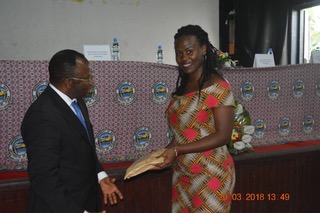
Prof. Ngomo Horace Manga, Chancellor of the University of Buea, presents the first prize to Tiako Djomatchoua Murielle Sandra at CURELF Center, Buea, March 20, 2018.
2014
Second Prize in the Intensive English Language Programme
at the University of Buea
2016-2018
First, Second, and Third Prizes in the La Francophonie Poetry Competition, the French Department and CURELF, University of Buea
2018
Awards
- Intern at Mediafrique Radio and one-time radio host
- The Minister of Culture’s Prize to the Best Student in the Faculty of Arts, University of Buea
- Best student of the Department of French and the Faculty of Arts, University of Buea
- The Pro-Chancellor’s Prize, Best student in English and French, University of Buea
- Professor Gervais Mendoze’s Prize, Best student in English and French, University of Buea
- Laureate of the World Bank Blog for Development Contest, Best essays on Gender-Based Violence in Cameroon
- Ministry of Arts and Culture Poetry and Essay Competition On Peace and Unity
- Remember Sembène Ousmane, Poetry Competition, the French Department and CURELF, 2018 Edition, University of Buea.
2018-2019
Enrolled in the Master Degree in International Communication and Public Actions (CAPI)
Enrolled in the Master Degree in International Cooperation, Sustainable Development, and Humanitarian Actions (CA2D)
August 2019
Successfully completed one year of a two years academic and professional international relations master's degree programs (CAPI and CA2D)*
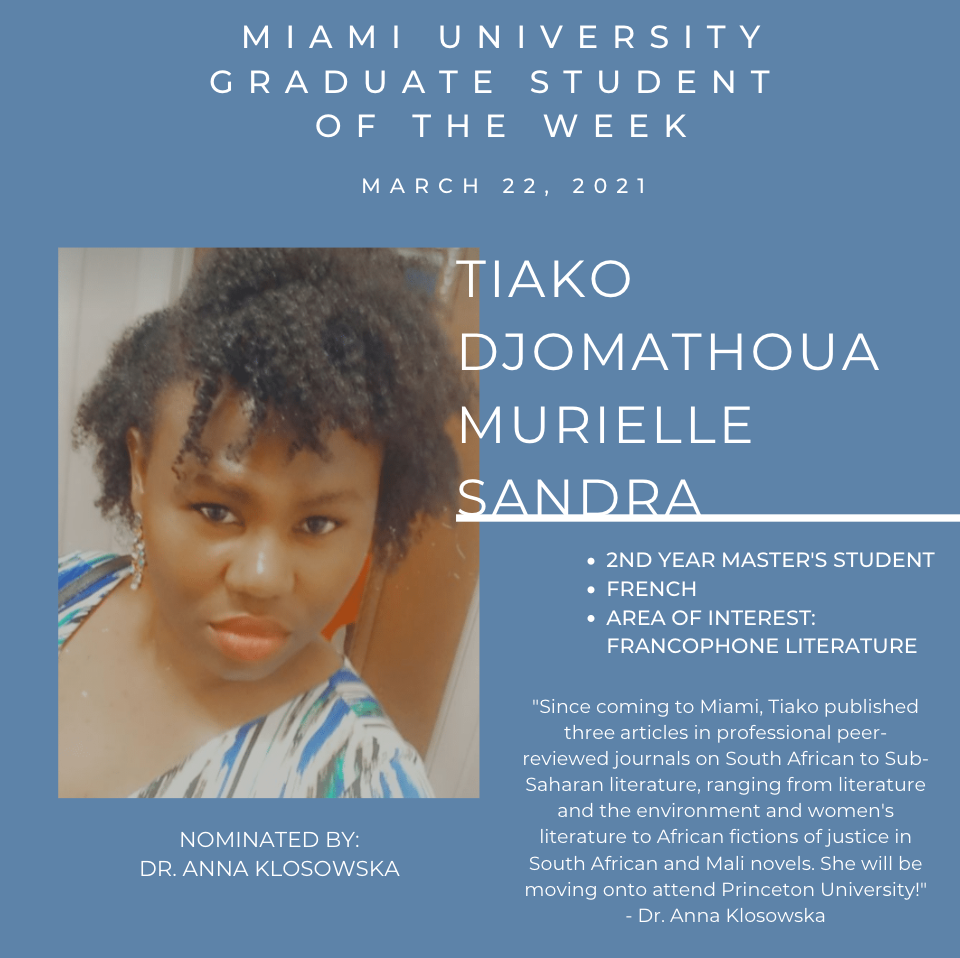
2019-2021
Teaching Assistant and Instructor at the Department of French and Italian
2020-2021
Graduate Fellow at the HOWE Center for Writing Excellence
2020-2021
Member of the Jury for Poetry Competitions at the HOWE Center for Writing Excellence
2021
"Graduate Student of the Week", Miami University Graduate School
Graduation Speaker at the International Student Virtual Graduation Celebration
Miami University Career Champion
Master Thesis : "Sports et Routes Migratoires : entre Imaginaires (post)Coloniaux et Expériences Individuelles dans Fais péter les basses, Bruno! et Le Chemin de l'Amerique de Baru"
Competitive PhD package offers at Princeton University, Rutgers University, Emory University, John Hopkins University, University of Texas at Austin, Washington University in St Louis Missouri, Boston University, Indiana University in Bloomington, University of Iowa. University of Madison-Wisconsin, University at Buffalo.
Shortlisted for the McDonnell International Scholars Academy at Washington University in St Louis Missouri.
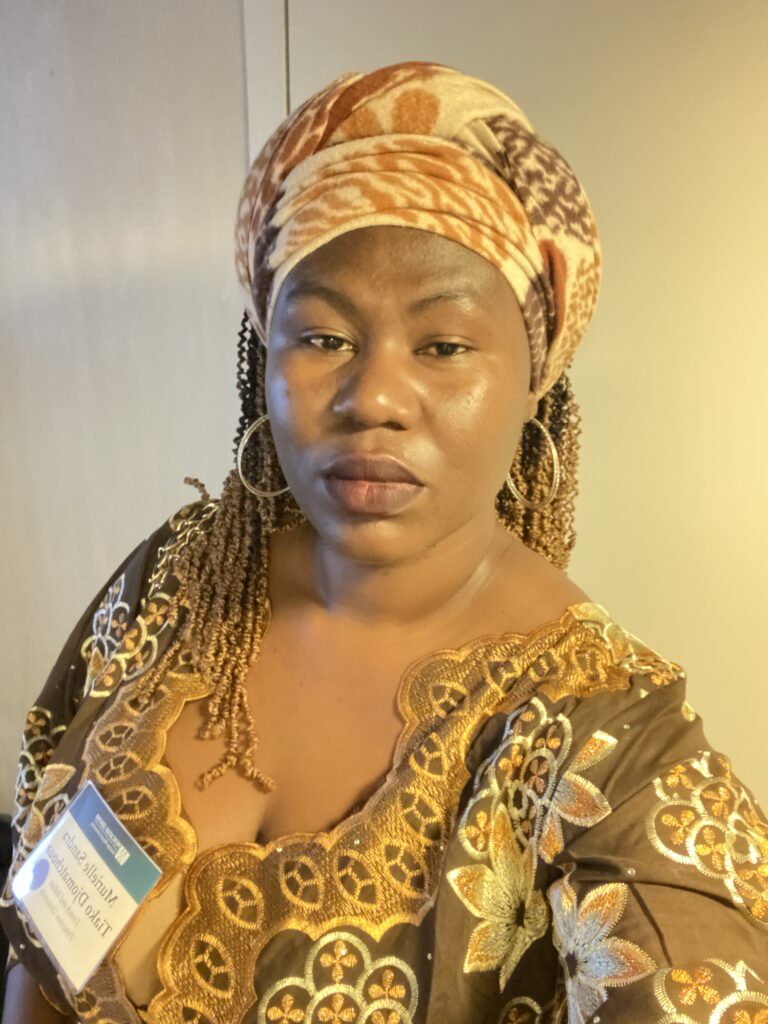
2021-2022
Graduate Fellow at Princeton University Writing Center
International Fellowship Award by the American Association of University Women (AAUW).
2022
Social Impact Fellow (SIP) at AFRICINE in Dakar, Senegal
2022-2023
Princeton University Global History Lab Teaching Fellow at Fundacion Rafael Del Pino
2023
University Administrative Fellow (UAF) for the Humanities in Entrepreneurship (HiE) project at the Keller Center
2022-2023
Resident Graduate Student at Yeh College
2023-2024
Data Fellow at the Center for Digital Humanities (CDH)
2022-2024
Curator and organizer of seven editions (2023-2024), co-organizer and co-curator of two editions (2024-2025), of the NINE editions of the interdisciplinary Seminar Series "Arts and (re)Creations from Africas to the Worlds" at Princeton University, United States of America.
Dissertation project : "Female Archeologies of Power(lessness) in East-Central Africa : Polity, Memory and Change in (post)Colonial Luba Traditions"
While my academic journey includes numerous achievements, it has also been shaped by quiet trials, and unfortunate challenges.
Like a sphinx weathered but unbroken, I have endured these layered realities. Never as a victim! Experience makes you taste the bitter art of survival, resilience, endurance, tenacity, and rebirth. My journey is one of emergence, purpose, power, and presence. Beyond visible milestones, there are battles fought in silence and wisdom carved from hardships.
By sharing this truth, I aim to invite to see beyond polished narratives of successes and achievements in a bid to help cultivate spaces of honesty, empowerment, and solidarity among those who carry stories that rarely make it into the spotlight.
Through a series of interdisciplinary and multimedia panels that I have proposed and chaired, my work engages with the Francophone and African worlds by bridging critical gaps between institutions, source communities, and emerging technologies. These panels convene scholars, artists, and practitioners around shared concerns: the politics of cultural stewardship, the ethics of representation, and the transformative potential of digital tools. Whether interrogating museum profanation, ecoaesthetic legacies, or gendered violence in creative works, each panel is conceived as a dialogic space where disciplinary boundaries dissolve and new epistemologies emerge.
By curating conversations that connect biopolitics to care, archival practices to embodied memory, and local knowledges to global infrastructures, I aim to foster collaborative frameworks that reimagine cultural production and scholarly engagement across geographies.
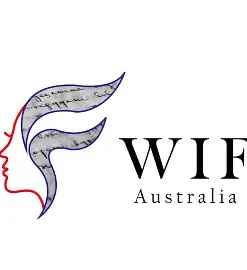
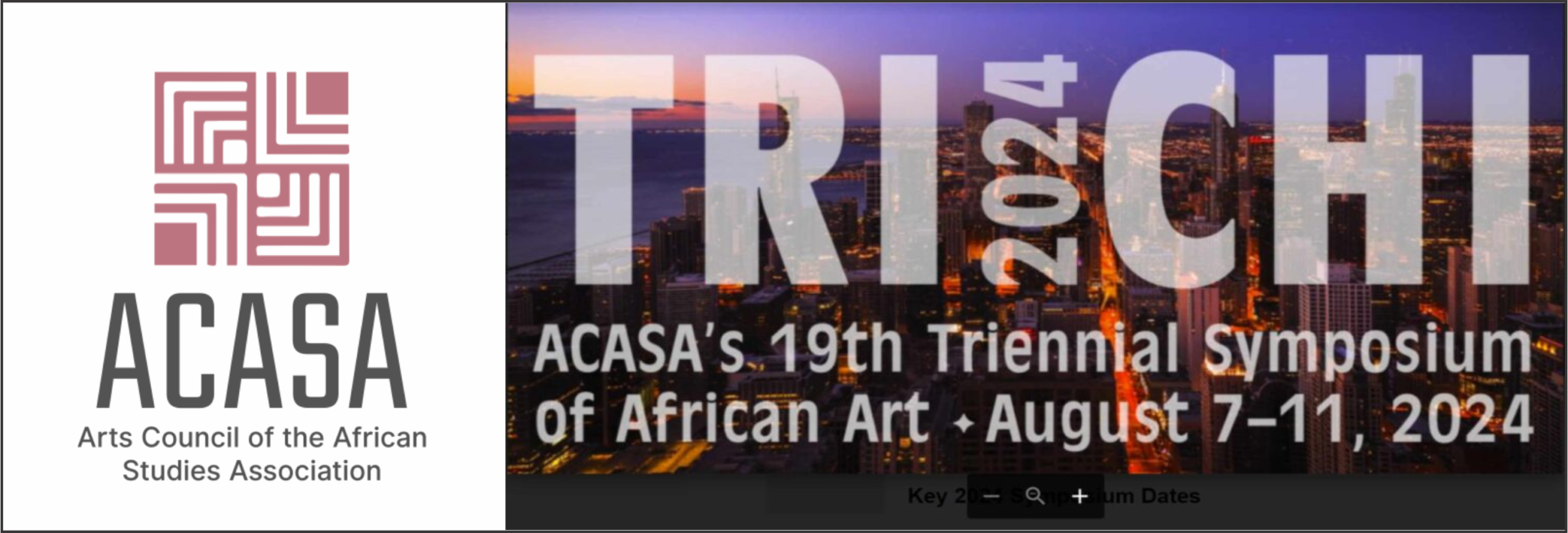

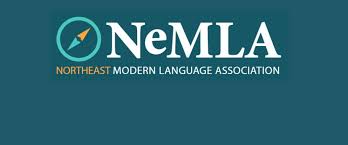
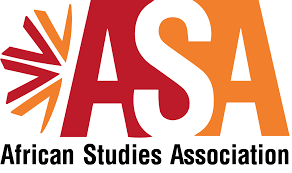

My participation as an invited speaker and panelist across a range of international academic forums reflects the growing recognition of my research on decolonial museology, African heritage, and postcolonial epistemologies. These engagements—hosted by institutions such as the Getty Research Institute, Université du Québec à Montréal, and Technische Universität Berlin—underscore the scholarly relevance and transdisciplinary reach of my work.
Whether contributing to panels on the restitution of cultural knowledge, presenting on the complexities of digital heritage production, or engaging students in critical discussions on colonial collections, my interventions consistently foreground the intersections of cultural memory, sustainability, and archival justice. These invitations affirm my role in shaping contemporary debates on museum transitions and the politics of representation, while situating my voice within a vibrant network of scholars, curators, and cultural practitioners committed to transformative change.
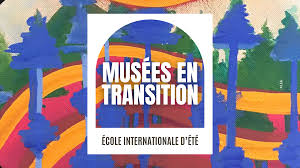



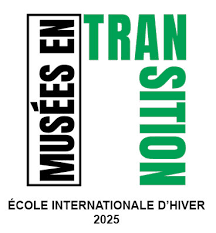
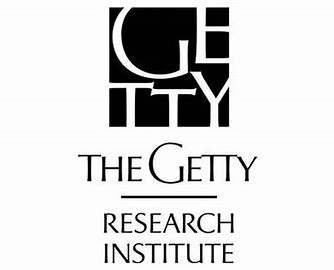
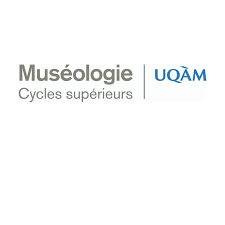
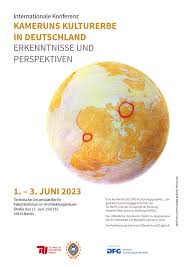
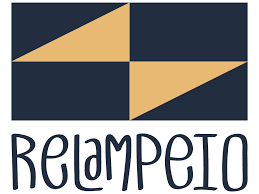
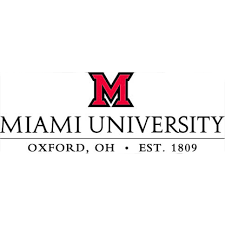
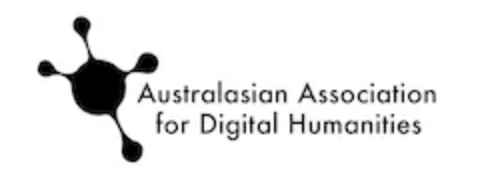
Presentation: Authenticity at the crossroads: A case study of Luba coiffures as texts and contexts using 3D storytelling
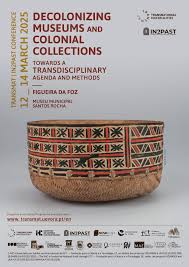
Presentation: Sacred African Objects* as Regalia: A Decolonial Approach to Restitution

Presentation: The Biopolitics of Luba Material Cultures: Unearthing Artistic Traditions of Representing Female Agency
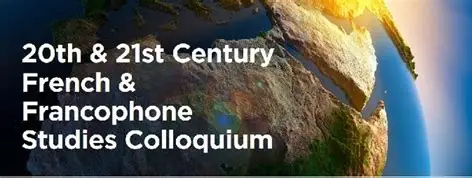
Presentation: Écrire la mémoire sous le boisseau de la censure: les procédés de déstabilisation du silence dans Remember Ruben de Mongo Beti
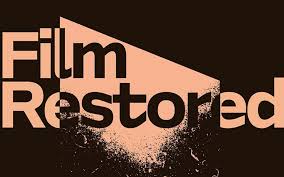
Presentation: Voicing-over Silences as Cinematographic Violence in Gaby Ruan Felix’s À travers l’Ubangi: Restoring Indigenous Cultural Heritage Beyond the Colonial Gaze itage or a Story of Cultural Resilience?

Presentation: From Exiled Cultural Heritage to Cultural Resilience: Bringing Data Home
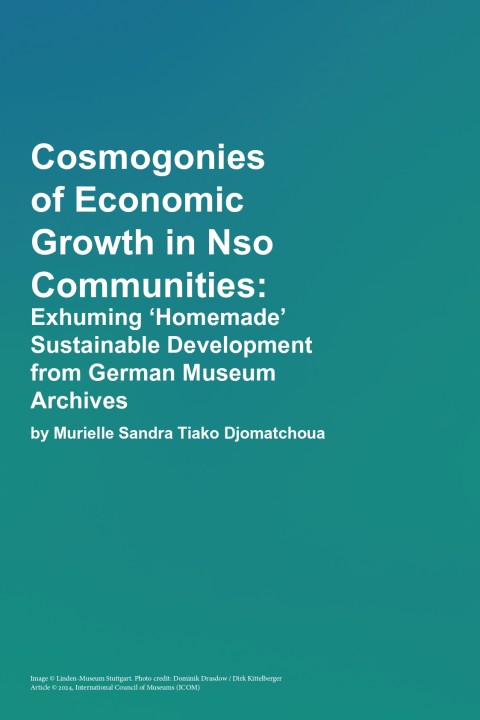
Museum International, vol. 75, no. 1–2, 2023, pp. 194–209. https://doi.org/10.1080/13500775.2023.2343218.
Abstract: This article explores the concept of sustainable development within Nso communities in Western Cameroon, emphasizing their holistic, equilibrium-based worldview that connects visible and invisible realms, past, present, and future generations. The author argues that Western capitalist approaches to sustainable development often fail in African contexts because they disregard local traditions and knowledge.
The article highlights the significance of Ngonnso, a sacred statue representing the Queen Mother of the Nso, as central to the community's spiritual, social, cultural, and economic well-being. The theft of Ngonnso by German forces in 1901 or 1902 and its subsequent displacement to German museums is viewed by the Nso as an act of profanation and cultural genocide, causing significant calamities and hindering their development. The article introduces the concept of "homemade" sustainable development, which prioritizes community-driven approaches that integrate Indigenous knowledge, technologies, and values. It posits that Western museums, as repositories of looted African heritage, can play a crucial role in fostering this by addressing problematic access, acknowledging the "profanation" of cultural artifacts, and engaging in meaningful restitution. A key argument is the importance of understanding Ngonnso not merely as an "object" but as "regalia", a living heritage and part of a larger network of power that is activated in association with other sacred heritage cultures like the royal throne (Kava'), necklace (Sarkinchiy), and cap (N'Tara). The museumification and commodification of Ngonnso are seen as further acts of profanation that de-spiritualize and misrepresent her significance. The #BringBackNgonnso movement is presented as a catalyst for raising awareness and pressuring German museums to consider the restitution of Ngonnso and other associated Nso heritage items as regalia, not isolated objects. The author concludes by emphasizing that reframing looted sacred African material cultures as "regalia" and "heritage cultures" can decolonize museum practices, encourage pan-museum collaborations for reconnection and recollection of dispersed artifacts, and ultimately support the development of authentic, community-rooted sustainable development models.

Revue Culture & Musées, no. 38, “Patrimonialisations de la littérature,” 2021.
This research note explores the paradoxical process of literary patrimonialization in Cameroon between 1950 and 1980, a period marked by intense political upheaval and cultural transformation. It interrogates the dual forces of consecration and censorship that shaped the literary canon, revealing how state mechanisms both elevated and suppressed literary voices. While the Cameroonian government sought to institutionalize literature aligned with its ideological agenda, through funding, awards, and media amplification, it simultaneously marginalized dissident authors whose works critiqued colonial and postcolonial authority.
Paradoxically, these censored texts, particularly those of Mongo Beti and Ferdinand Oyono, gained enduring recognition precisely because of their resistance. Their literature catalyzed political consciousness, challenged dominant narratives, and became emblematic of a grassroots patrimonialization driven by collective memory, academic scholarship, and transnational publishing networks.
The study situates this tension within broader postcolonial dynamics, where the state’s attempt to monopolize cultural legitimacy through literary policy inadvertently fostered alternative modes of canonization. It highlights how repression, far from erasing subversive voices, often immortalized them—transforming banned books into cultural touchstones and their authors into icons of intellectual resistance.
Ultimately, this paradox underscores the fragility and fluidity of literary heritage in Cameroon, shaped not only by institutional endorsement but also by the enduring power of dissent, memory, and global literary solidarities.
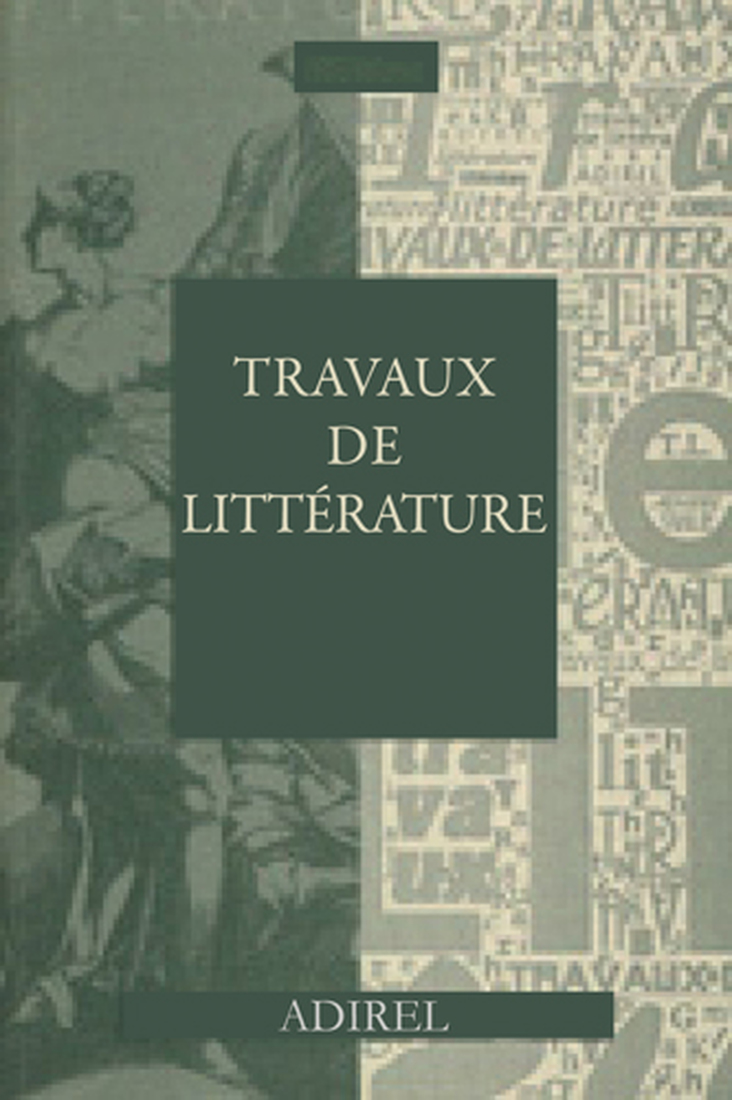
Travaux de Littérature, vol. XXXIII, “Poétique de l’objet,” Librairie Droz, 2021, pp. 231–244.
Abstract : Discussing the representation of the object in sub-Saharan African literature involves not only acknowledging the perceptual dimensions through which individuals and characters engage with it, but also recognizing the socio-cultural anchoring and mnemonic labor authors undertake through its literary depiction. In Les noces sacrées, the narrative unfolds around the repercussions of sacred object thefts in Africa—most notably the theft of the N’Tomo mask. This mask is simultaneously coveted by the character Besnier for its “exotic” appeal and revered by the local community for its divine attributes.
Seydou Badian orchestrates a complex interplay of perceptions between the profane and the initiated, constructing a layered relationship to the object that illustrates its transformation from material artifact to sacred symbol. This transition is rendered through the stylistic progression from personification to hypotyposis, a rhetorical device that vividly evokes the mask’s spiritual potency.
This transformation from personification to performance is not merely stylistic—it reflects a deeper ontological shift. In Les noces sacrées, the mask is not treated as a passive artifact but as a living entity, a spiritual being whose presence transcends its physical form. Within many African cosmologies, material culture is imbued with agency, memory, and divine essence. The N’Tomo mask, therefore, operates as both a cultural transmitter and a spiritual interlocutor, mediating between the visible and invisible worlds. Its theft is not just a violation of property but a rupture in the sacred order, triggering supernatural consequences that affirm its ontological vitality. Through this lens, Badian’s narrative reveals how objects in African literature are animated by ancestral knowledge and communal belief systems, making their representation a site of both cultural continuity and metaphysical resistance.
These literary techniques collectively reveal how the mask’s desecration—through acts of perjury and profanation committed by Besnier and his accomplices—triggers violent supernatural retribution. The article thus argues that through the shift from personification to hypotyposis, Badian deconstructs the belief in the object’s mere materiality or immanence. Instead, he unveils its profound socio-cultural implications, demonstrating how sacred objects function as vessels of collective memory, spiritual power, and cultural identity within certain African communities.
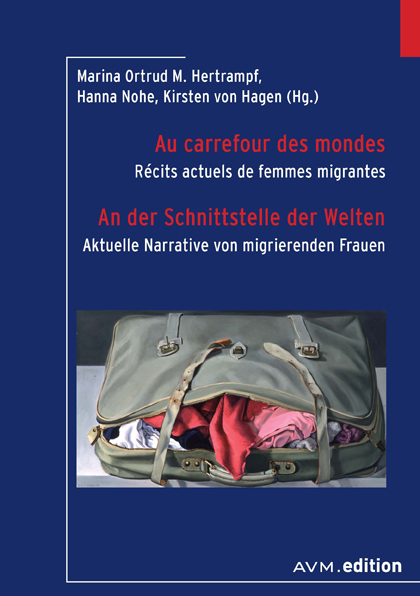
Au carrefour des mondes : narratifs en français de femmes migrantes du XXIe siècle, edited by Kirsten von Hagen, Marina Ortrud M. Hertrampf, and Hanna Nohe, AVM, 2021, pp. 165–183.
Abstract : This article argues that Fatou Diome’s Le Ventre de l’Atlantique (2003) and La Préférence nationale (2001) offer a radical reconfiguration of migrant subjectivity through the prism of existentialist feminism. By centering the lived experiences of African women navigating postcolonial displacement, Diome’s texts challenge dominant narratives of migration that reduce black female bodies to passive victims or economic agents. Instead, her protagonists articulate a politics of being, rooted in spatial consciousness, embodied memory, and identity reclamation, that confronts systemic racism, patriarchal oppression, and ideological mirages of Western liberalism.
Existentialist feminism, as mobilized in this study, foregrounds the capacity of women to define themselves beyond imposed categories of race, gender, and nation. Drawing inspiration from Simone de Beauvoir’s foundational insights and reinterpreting them through a postcolonial lens, this framework emphasizes freedom, agency, and the refusal of essentialism. In Diome’s work, exile becomes not merely a condition of loss but a generative space for self-invention. Her protagonists do not seek assimilation into dominant structures; rather, they carve out new ontological ground through narrative, memory, and spatial resistance. This existentialist feminism is not abstract philosophy. It is lived, embodied, and inscribed in the everyday struggles of African migrant women who reclaim voice and visibility in hostile environments.
Drawing on Westphal’s geocriticism and Mbembe’s postcolonial theory, the article demonstrates how Diome’s narrators transform spaces of exclusion, Niodior’s patriarchal enclave and Strasbourg’s racialized urban margins, into sites of resistance and self-invention. The use of multifocality, polysensoriality, and stratigraphic layering reveals how space is not merely a backdrop but a contested terrain where existential agency is forged. Through autobiographical fiction, Diome exposes the ideological violence embedded in French immigration policies, the biopoliticization of black female bodies, and the myth of national homogeneity.
The article contends that Diome’s work inaugurates a literary cartography of exile that is both affective and political. Her protagonists’ experiences of “double unbelonging” and “obsessional spaces” illuminate the psychic toll of racialized migration while asserting the power of narrative to reclaim subjectivity. Ultimately, Diome’s writing enacts an existentialist feminism that resists erasure, reclaims voice, and redefines the contours of Francophone literature in the 21st century.
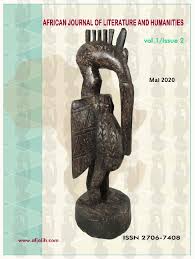
African Journal of Literature and Humanities, vol. 1, no. 2, 2020, pp. 180–190.
Abstract : This article explores the metaphysical logic of crime and supernatural punishment in Francophone African fantastic literature, focusing on Ma sœur la panthère by Djibi Thiam and Les noces sacrées by Seydou Badian. It argues that these texts reflect a distinctly African worldview where the visible and invisible realms are interwoven, and where transgressions against the sacred provoke violent, exemplary retribution from supernatural forces.
In these societies, crime is not merely a legal or moral infraction—it is a rupture of the sacred contract that binds individuals and communities to divine forces. The African fantastic, as deployed by Thiam and Badian, reveals a cosmology in which the supernatural is not fantastical but foundational. The invisible world is active, vigilant, and responsive to human behavior, especially acts that threaten cosmic equilibrium.
The article categorizes the crimes depicted in the novels and analyzes their corresponding punishments:
Blasphemy: Verbal or mental offense against the divine, often committed by outsiders (e.g., Besnier’s desacralization of ritual masks). While not immediately punished, blasphemy initiates a spiritual degradation that precedes profanation.
Profanation: Irreverent treatment of sacred objects or spaces, such as the theft or desecration of masks and statuettes. This act triggers divine wrath, often resulting in communal misfortune, death, or the loss of spiritual protection.
Parjure (Oath-breaking): Violation of sacred pacts, especially totemic alliances between humans and spiritual animals. In Ma sœur la panthère, the panther’s attack on a fellow totem-linked creature constitutes involuntary parjure, yet still incurs fatal punishment.
Homicide and Deicide: Killing within a sacred framework—either of humans linked to the divine or of divine representations themselves. The panther’s transformation into a “mangeuse d’hommes” and the theft of N’Tomo’s mask in Les noces sacrées are seen as deicidal acts, leading to widespread death and spiritual collapse.
Each crime provokes a specific form of supernatural punishment, which may be:
Physical: Bodily affliction or death, often inflicted directly by spiritual forces or through ritual execution.
Psychic: Mental torment, nightmares, or possession—such as Besnier’s persecution in dreams by N’Tomo, illustrating the colonization of the psyche by divine forces.
Transcendental: Cosmic retribution affecting entire communities—famine, disease, or spiritual desolation—as seen in the village’s collapse following the theft of sacred objects.
These punishments are not arbitrary but serve to restore balance and reaffirm the sanctity of the sacred. The violence of the divine is not gratuitous; it is pedagogical, corrective, and deeply symbolic. The African fantastic thus becomes a space of moral instruction, spiritual accountability, and cultural resistance to colonial rationalism.
By analyzing these categories, the article demonstrates how Thiam and Badian construct a literary ethics rooted in African metaphysics, where justice is administered not by human institutions but by ancestral and divine forces. The texts challenge Western notions of legality and rationality, offering instead a vision of justice that is communal, spiritual, and cosmologically grounded.
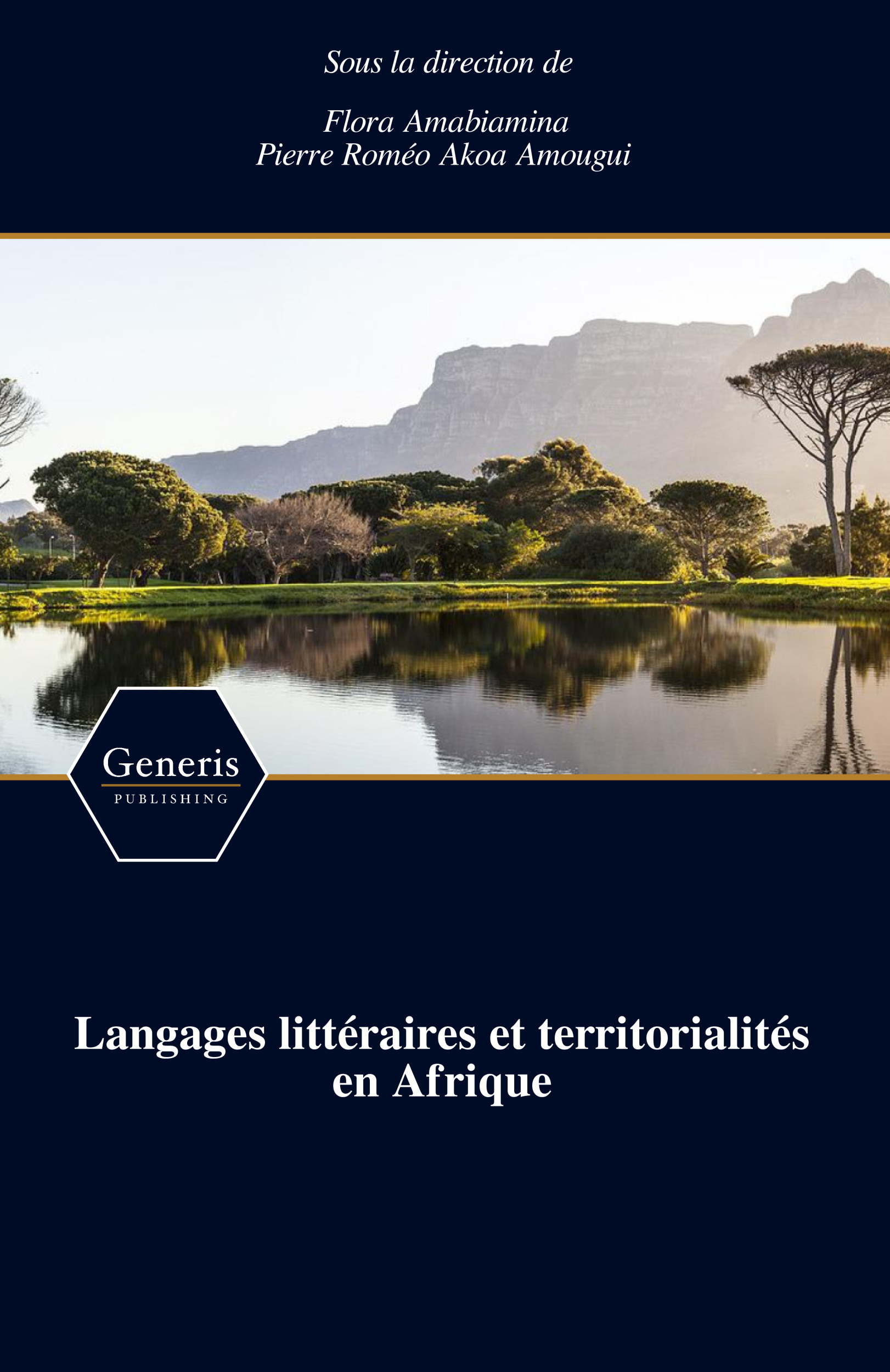
Langages littéraires et territorialités en Afrique, edited by Amabiamina Flora and Akoa Amougui, 2022.
This abstract argues for a decolonial literary aesthetic, one that values local language practices, oral traditions, and spatial consciousness. It’s a call to recognize literature not just as art, but as a living archive of community life, especially in postcolonial African contexts.
Abstract : When spatial experience is captured in writing, when the concern for verism surpasses the imaginaries of fiction, language becomes the site of many experimentation where writers aim to capture real-life spatial experiences rather than fictional imaginaries. In this case, the novel Dieu habite à Bangoulap is used as a prime example of this literary transformation.The transcription of the vitality of language uses and practices as they occur on a daily basis in the Cameroonian context is the reflection of spatial experiences from which Kemadjou reproduces linguistic territorialities. Spatial experience refers to how people interact with and perceive their physical and cultural environments. And, These linguistic territorialities mingle with the text language and context, norm and normativity, writing and orality. By giving a preeminent place to usages of French in a francophone context, Dieu habite à Bangoulap instrumentalizes socioculturemes (cultural elements embedded in language) transforming a literary text in a repository of ways in which language is lived and spoken in specific places, blending norms and orality with formal writing. The restitution, or even the chronicle, of everyday life in Cameroonian community that the storytellers realize gratifies the stories with a socio-cultural anchoring that impacts on the aesthetics of the form. This linguistic blending reinforces the need to say, write, and represent life authentically, not through abstract fiction but through grounded, lived realities. With It draws its meaning it draws from in socio-cultural Cameroonian reality, making it a hybrid form that resists strict literary categorization.
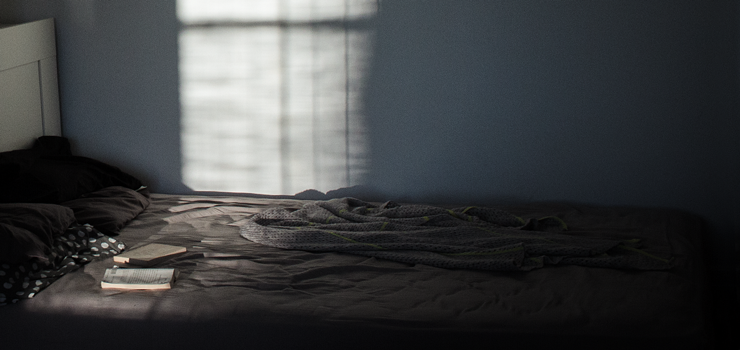
Postures, no. 33, “Le parti pris de l’ordinaire : penser le quotidien,” 2021.
This article offers a critical examination of the tension between creative freedom and political censorship in Mongo Beti’s Remember Ruben, focusing on the literary reimagining of Ruben Um Nyobè, a foundational figure in Cameroonian nationalism who was systematically erased from official memory. Through a sociohistorical and literary lens, the study explores how Beti transforms his novel into a site of counter-memory, challenging the hegemonic narratives imposed by colonial and postcolonial regimes. The article traces the historical trajectory of Um Nyobè and the UPC (Union des Populations du Cameroun), contextualizing their revolutionary struggle within the broader framework of anti-colonial resistance. Beti’s fictionalization of Ruben, through symbolic renaming and allegorical settings, reclaims a silenced past and critiques the manipulation of national memory by state institutions. The novel’s polyphonic structure, rooted in oral traditions, testimonial fragments, and collective memory, serves as a literary strategy to decentralize official discourse and elevate subaltern voices. The study also interrogates the mechanisms of censorship under Ahmadou Ahidjo’s regime, highlighting how laws on subversion were weaponized to suppress dissenting literature. Beti’s work, deemed subversive, becomes emblematic of resistance literature, where fiction operates as both indictment and historical document. The article analyzes the symbolic opposition between Ruben and Baba Toura, representing two divergent paths of postcolonial leadership: one grounded in revolutionary integrity, the other in colonial complicity. is positioned as a radical act of literary defiance that reclaims the memory of a “cursed hero” and reconfigures the foundations of Cameroonian national identity. By mobilizing fiction as a tool of historical reparation, Beti not only confronts the violence of erasure but also educates future generations on the cost of freedom and the enduring power of truth.
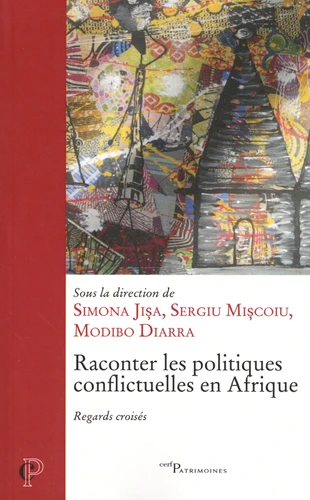
Raconter les politiques conflictuelles en Afrique. Regards croisés, edited by Simona Jisa, Les Éditions du Cerf, 2021, pp. 223–245.
Literary engagement in the 21st century reflects a broader movement toward the nationalization of writing, wherein authors craft strategies to address a specifically targeted readership. In Temps de chien, Patrice Nganang mobilizes the zoomorphic narrator Mboudjak to chronicle the postcolonial condition from the vantage point of Yaoundé’s urban slums. Through linguistic syncretism and a deliberately militant realism, Nganang’s prose exposes the entangled crises, political, economic, and social, that deepen the chasm between rulers and the ruled.
The absence of fundamental rights and freedoms, coupled with the arbitrary nature of the ruling regime, calls into question the legitimacy of official discourses around “democracy and human rights,” “communitarian liberalism,” “renewal,” “good governance,” “discipline and moralization,” and “social justice” as proclaimed by President Paul Biya. By invoking the collective imaginary, Nganang gives voice to the frustrations, abuses, and systemic oppression endured by the marginalized masses within a Cameroonian postcolony in turmoil.
This paper asks: To what extent does crisis writing contribute to redefining the literary landscape of the 21st century? How does Temps de chien diagnose the contemporary Cameroonian postcolony? And what distinguishes and canonizes this novel within the pantheon of politically engaged Francophone literature of our time?
Drawing on Achille Mbembe’s postcolonial theory, this analysis explores how Nganang thematically and discursively captures the intersectionality of contemporary crises through the lens of popular imagination as it unfolds in the slums of metropolitan Yaoundé. The novel becomes not only a site of resistance but also a performative space where literature reclaims its power to narrate, indict, and reimagine the postcolonial condition.
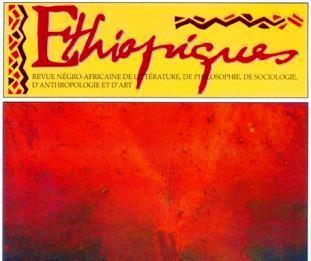
Éthiopiques : revue négro-africaine de littérature et de philosophie, no. 104–105, 2020.
This article examines how Éric de Rosny’s Les yeux de ma chèvre constructs a spatial surrealism that transcends disciplinary and epistemological boundaries, offering a decolonial reimagining of knowledge rooted in Douala cosmologies. Through a hybrid narrative that blends anthropological inquiry with mystical initiation, de Rosny invites readers to follow the path of the “maîtres de la nuit,” spiritual figures whose worldview challenges Western rationalism and reclaims indigenous modes of knowing.
The study argues that the text performs a rupture with colonial cartographies by inscribing a “surréalité spatiale”, a layered, symbolic, and affective geography where the visible and the invisible coexist. This duality is central to African worldviews, which do not separate the material from the spiritual but instead conceive reality as a continuum of forces, presences, and ancestral energies. In this framework, space is not inert but animated, inhabited by spirits, memories, and rituals that shape perception and experience.
De Rosny’s narrative engages with the African fantastic not as a genre of escapism, but as a mode of epistemological resistance. Unlike Western fantasy, which often relies on rupture and invention, the African fantastic emerges from cultural continuity, it is grounded in belief systems where the supernatural is not extraordinary but constitutive of everyday life. The nocturnal space, the ritual body, and the encrypted language of the initiates become vehicles for accessing this layered reality, where knowledge is transmitted through embodiment, secrecy, and symbolic performance.
Drawing on postcolonial theory, geocriticism, and African philosophy, the article demonstrates how Les yeux de ma chèvre resists the ethnographic gaze and instead affirms the legitimacy of African cosmologies as systems of thought. The initiatory journey is not merely a passage through physical terrain but a metaphysical unfolding that reclaims African subjectivity from the margins of Western discourse. By privileging oral tradition, ritual practice, and symbolic depth, de Rosny’s work challenges the epistemic violence of colonial anthropology and repositions African knowledge at the center of global intellectual debates.
Ultimately, this article contends that Les yeux de ma chèvre exemplifies a literary and philosophical gesture that breaks disciplinary boundaries and redefines space as a living archive of ancestral wisdom. It calls for a revaluation of spatial imaginaries in African literature—not as exotic landscapes but as dynamic sites of resistance, memory, and ontological depth.
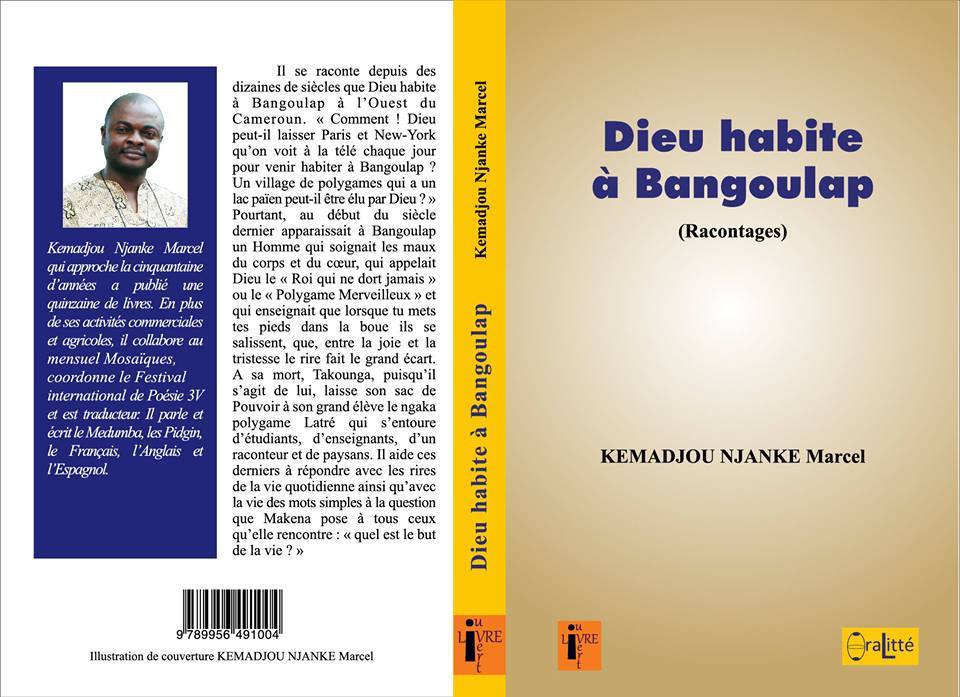
Reference : Mosaïque, no. 82, 2018, p. 8.
Book Title: Dieu habite à Bangoulap
Author: Marcel Kemadjou Njanke
As part of my undergraduate studies, I conducted a critical review of Dieu habite à Bangoulap, a poignant and reflective novel by Cameroonian author Marcel Kemadjou Njanke. Published in 2016 by Éditions Livre Ouvert, the work belongs to the genre of “racontages”—a narrative form that blends oral tradition, philosophical reflection, and literary experimentation.
Kemadjou’s novel offers a radical reimagining of the world through an African lens, challenging the Eurocentric marginalization of Africa in global epistemologies. By proposing “another reformulation of the marvelous world” (p.7), the author deconstructs dominant literary and ideological canons through both form and content. He deliberately steps back as narrator, allowing the storytellers (Latré, Takounga, Makéna, and Taleun) to speak with autonomous voices rooted in ancestral wisdom.
These raconteurs, described as “magicians of speech” (p.39), present a Cameroonian, and by extension, African version of Creation, Knowledge, and Wisdom. Their narratives confront the excesses and blind spots of Western civilization, advocating for values such as tolerance, cultural syncretism, and religious ecumenism. The critique of institutional religion is particularly sharp: Christianity is portrayed as a commodified faith, where “Jesus” becomes a marketing tool in the hands of corrupt “Pasto” figures, and believers follow blindly without truly responding to divine calls.
Across twenty-seven racontages, the storytellers reclaim the right to define their own norms and truths. This liberation of speech is mirrored in the linguistic rebellion against standard French. Kemadjou dismantles rigid grammatical structures to make space for Cameroonian languages, especially Medúmba, as well as Camfranglais, Shupamoun, Fulfulde, and Pidgin. The result is a flexible, expressive syntax that adapts French to local realities and affirms the text’s identity as national literature.
The oral quality of the narrative is palpable. Everyday life “tells the words (...) which are manifestations of beauty flowing from the lines of life” (p.9). The dance of words invites the reader into a space of re-creation and joyful engagement. Kemadjou’s style blends pedagogy and humor, with intertextual references to works like Dictionnaire de Mensi and Prends ta Plume et écris, signaling the raconteur’s reformist mission.
The novel also critiques the gendered worldview embedded in the French language. Inspired by Medúmba culture, where “masculine and feminine do not exist” (p.222)—Kemadjou proposes a vision of gender complementarity and mutual respect. This challenges Western stereotypes about African women’s marginalization, asserting instead that among the Bagangté, women are celebrated.
To speak of Dieu habite à Bangoulap without referencing the rich Grassfields heritage would be incomplete. Where Western medicine fails, traditional pharmacopoeia and the spiritual power of Ngôm Yog enable healing and triumph over illness. Kemadjou presents Bangoulap society and cosmology through rituals like “Mu... Mu...” (p.87), “cadi” or “ngu” (p.208), and dances such as Zouh (p.234) and Kessouswaswakeun (p.217). These cultural expressions establish a direct link with the Divine, often through dance—the primordial language between humans and the sacred.
Medúmba emerges as a reservoir of wisdom, where metaphors, proverbs, riddles, and euphemisms form the language of “the God who never sleeps.” This mode of expression awakens human creativity, resisting the passive consumption of scientific explanations and reclaiming indigenous ways of knowing.
In conclusion, Dieu habite à Bangoulap is a vibrant archive of Bangoulap collective memory. It offers a new orientation for understanding the world’s phenomena, foregrounding voices that have long been excluded from global knowledge production. Through Taleun’s final exhortation, Kemadjou calls on Cameroonians to embrace a spirit of patriotism and cultural pride.
My research investigates the intersection of archives within GLAM (Galleries, Libraries, Archives, and Museums) institutions, African cultural and traditional technologies and knowledge systems, digital humanities, material and immaterial heritages, memory making and keeping, historical and political systems in (post)colonial contexts, and gender studies. The aim is to explore how these diverse fields converge and interact, particularly in the context of African societies. Below are some of the key research projects I am currently engaged in:
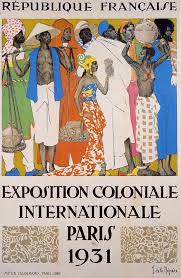
Focusing on the 1931 colonial exhibition in Paris, this project aims at breathing new life into the vestiges of this major event in France. The first step of the project is to study the colonial gaze through the network formed by the discourse, the agenda, and the reception of this event through audiovisual archival materials at INA. The second step will be tracking the vestiges of the 1931 exhibition at the Musee du Quai Branly where about fifty Central African material cultures from this event are preserved. Connecting INA archives to the relics of this exhibition at the Musee du Quai Branly aims at demonstrating the reproductive and rhizomatic properties of colonialism inherent in the cataloging traditions and practices these relics are subjected to within the museum which can be translated as a form of double colonization and an experience of perpetual exile. Finally, using a case-study approach, I intend to propose African-centered cataloging frameworks and structures for the Central African relics of the 1931 exhibition to achieve what I consider to be a “purgatory of African heritage in France”. (…)
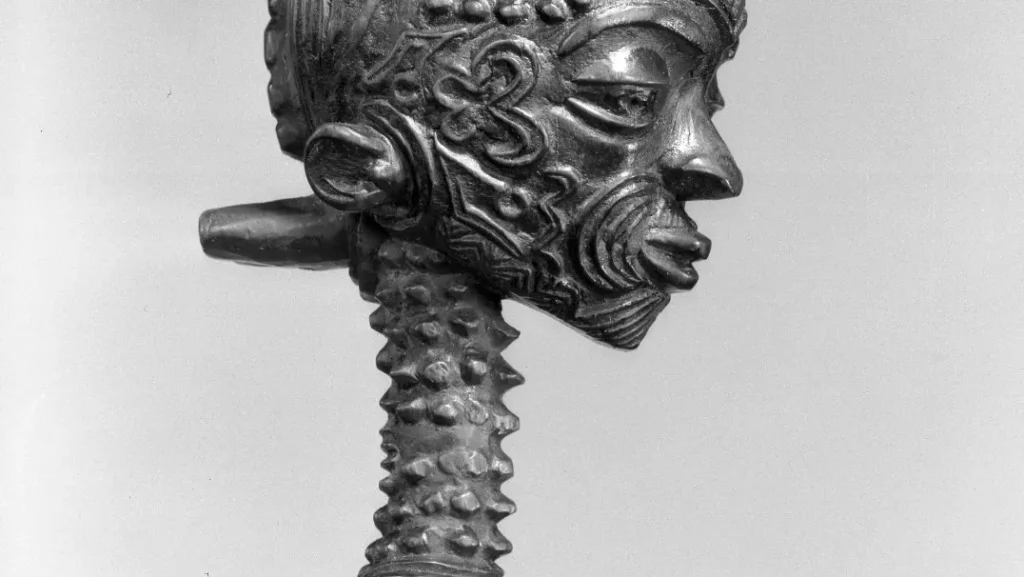
This project focuses on the revival and digital reconstruction of traditional Luba scarification techniques, a significant cultural practice in many (pre)colonial Congolese societies. Using advanced digital technologies, my work seek to present scarification patterns and practices as memory making and memory keeping tools, preserving their historical and cultural significance while making them accessible.
A key component of this project is highlighting the central role of women in the practice and preservation of these traditions. By using digital tools to reconstruct these practices, the project aims to challenge colonial narratives that have historically overlooked or marginalized the contributions of women to cultural heritage and memory-making.
Through this digital reconstruction, the project also provides a platform for further discussion on the intersection of technology, cultural heritage, and gender, exploring how digital tools can be used to preserve and amplify the voices and traditions of African women within the broader context of cultural heritage studies.
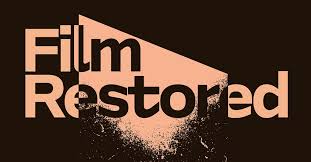
Using À TRAVERS L’UBANGI, as a case study, I presented the first articulation of this project at the 2023 Restored Festival im Berlin, Germany. A central question of my presentation was what and whose stories do voiceovers tell in colonial films? What do stories do they silence? These questions forces us to change our relation to sounds and images of colonial films. In Voyage à travers l’Ubangi, the colonial stance of the voice-over invites us to go on a panoramic voyage into the ‘evolved’ version of the Belgian Congo across the equatorial river Ubangi while simultaneously important elements of congolese communities are sidelined. When attention is given to what dance represents to Congolese communities, it is often described as ‘unknown,’ ‘abstruse,’ ‘confusing,’ and ‘primitive,’ with no substantial cultural meaning being uncovered. The five dances in À TRAVERS L’UBANGI are indeed rituals of life and death. They represent authentic structures of source communities worldviews that have been lost, hidden, forgotten or silenced. Restoring these forms of memories making and keeping through performances, beyond the colonial gaze of this film, aims to open viewers’ eyes to the treasures of cultural Congolese life, as well as its crumbling and fading traditions.
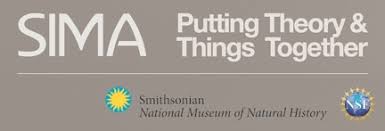
Producing compelling story maps with ArcGIS from multimedia archival materials, digitally documenting and interactively representing regional cultural practices, critically assessing cataloging practices in African arts using a collection of West African objects, identifying and analyzing shortcomings in the Smithsonian cataloging system that affect the reconstruction and preservation of African cultural heritage, manipulating catalog records in CSV format as well as in museum databases and archival cataloging systems, applying metadata standards and authority files, cleaning and enriching data using OpenRefine and ArcGIS, and engaging with digital geographical tools.
Research project: Beyond beauty : scarifications as testaments of life and death in Bamana and Baule cultural groups

Invited, together with professor Michael Mandiberg, to present at the Getty Institute : Open Session, and final session of the Linked Data in Art History program.
Presentation: Linked Data for Research on African Heritages : the Conundrum of Digital Cultural Knowledge Production

Workshop: Introduction to Digital Humanities
Topics: Applied Data Analysis, Linked Data for Digital Humanities, When Archives Become Digital, Introduction to the Text Encoding Initiative, From Text to Tech, Digital Cultural Heritage, Humanities Data, Crowdsourced Research in the Humanities.
July 11-15 2022, Oxford University, United Kingdom (Virtual)
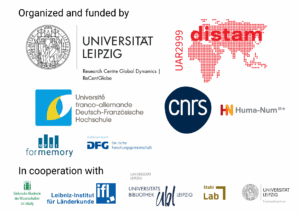
The thematic focus will be on: spatialization and its digital representation using geo-information systems (GIS) and related methods; data visualization; working with text using handwritten text recognition (HTR) and optical character reconigtion (OCR); open data and data sharing.
July 7-11 2025, Leipzig University, Germany
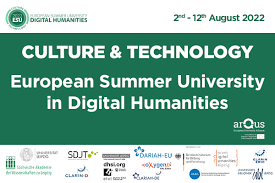
Workshop : Digital Archives: Reading and Manipulating Large-Scale Catalogs
Topics : Curating and Creating Small-Scale Archives, Introduction to Digital Archives: Reading and Manipulating Large-Scale Catalogues Curating Small-Scale Archives: A Hands-On Approach with Omeka and Tropy Exploring OpenRefine for Data Cleaning, Enrichment, and Organization Working with Various Digital File Types: CSV, XML, JSON, TEI, and More Understanding Authority Files, Ontologies, and Metadata for Digital Archiving Web Scraping and Linked Open Data (LOD): Tools and Techniques Building a Digital Archive: Best Practices and Practical Implementation with Omeka-S and Tropy
August 02-12 2022, University of Leipzig, Germany
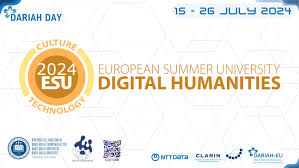
Workshop 2024 : Humanities Data and Mapping Environments
Topics : digital Storytelling with location-based research; the challenges of spatial dimensions in historical research; scope and rhetorical strategies for spatial storytelling and argumentation; data creation methods using gazetteers, mobile data collection, and o-the-shelf geocoders; data normalization and wrangling techniques; manual and automated data creation approaches; web development fundamentals for basic web mapping; open-source GIS software for georeferencing and vectorization to create data from digitized historical maps; map creation using coding techniques;workflows and project-based learning methodologies.
July, 15-26, 2024.
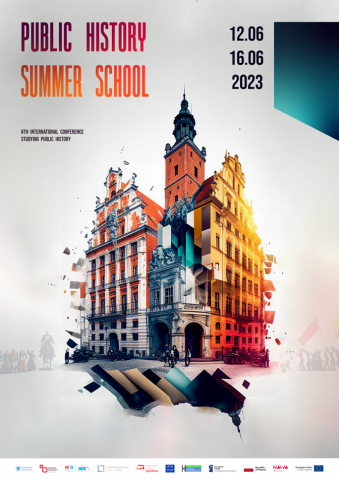
Research project: Ngonnso's Replica, a Negative Heritage or a Story of Cultural Resilience?

Presentation: Authenticity at the crossroads: A case study of Luba coiffures as texts and contexts using 3D storytelling
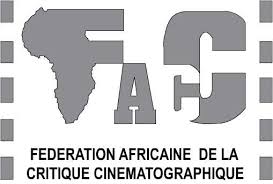
Supervisor : Fatou Kine Sene Présidente AFRICINE
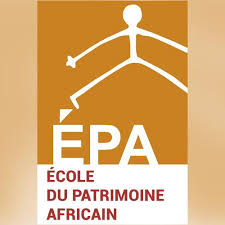
Workshop on the principles and methods of preventive conservation in museums (virtual training). March 14-17, 2023, Porto Novo, Benin (Zoom).
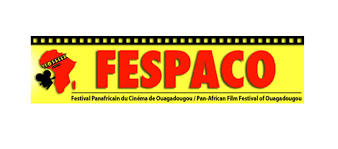
Supervisor Leonce Tira, Directeur des Études de la Coopération et de la Prospective chez FESPACO

Skills : management of audiovisual collections, digitization and documentation of audiovisual content, audiovisual content management process, preservation of audiovisual archives, reuse and promotion of audiovisual materials.

As Instructional Staff in the Department of French and Italian at Miami University from August 2019 to May 2021, I taught elementary and intermediate French courses (French 101, 102, and 303), emphasizing applied grammar, vocabulary development, and oral/written communication. My pedagogy centered on equipping students with the linguistic and rhetorical tools to craft coherent, well-structured paragraphs and express complex ideas with growing fluency. I integrated Francophone literature, film, and audio materials to foster cultural literacy and deepen engagement with global societal themes, while cultivating students’ critical thinking in both French and English. In addition to classroom instruction, I provided mentorship and tutoring, supporting students’ academic growth through personalized feedback and guidance. I also leveraged digital platforms to enhance language acquisition and create inclusive, interactive learning environments that extended beyond the classroom.
In Spring 2023, through FRE 372 Migration, Diversity, Diaspora: Francophone Community Engagement, I served as a Student Ambassador in after-school programs supporting recently arrived young immigrants in the U.S. Drawing on shared experiences of diversity and inclusion, I provided mentorship and guidance on navigating the college admissions process, particularly for top-tier universities. I coached students in storytelling techniques for their applications, helping them articulate their personal journeys with clarity and confidence. By reframing their challenges as sources of strength, I empowered them to craft visionary, leadership-driven narratives that reflected both resilience and ambition, fostering a sense of belonging and purpose within their new academic and cultural environments.
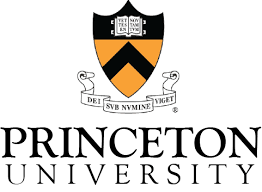
As Instructional Staff in the Department of French and Italian at Princeton University, I taught FRE 101 Beginner’s French I (Fall 2022) and FRE 102 Beginner’s French II (Spring 2024), designing and delivering student-centered instruction that emphasized foundational language skills through a communicative and culturally immersive approach. I developed tailored curricula and assessments that led to measurable gains in students’ grammatical accuracy, vocabulary acquisition, and fluency in both spoken and written French. Drawing on my Francophone background and experience, I integrated authentic materials—including film, music, literature, and media from France and the broader Francophone world—to deepen students’ cultural awareness and linguistic competence. Through interactive activities such as skits, dialogues, and real-world communicative scenarios, I fostered active engagement and helped students build confidence as they progressed toward intermediate proficiency.
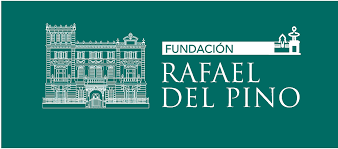
PAs a Teaching Fellow at the Fundación Del Pino in Spain, I contributed to the Global History Lab Program by designing and delivering two dynamic courses: HIS202 The History Dialogues (January–May 2023) and HIS201_F202 A History of the World (September–December 2022). In The History Dialogues, I equipped students with foundational and advanced skills in oral history, including interview techniques, archival research, and multimedia storytelling. I mentored 16 students through the full research cycle, guiding the development of 13 original interdisciplinary oral history projects that demonstrated academic rigor, creativity, and methodological integrity. This work culminated in a student research conference where first-time presenters showcased their projects with confidence and clarity in innovative formats. In A History of the World, I focused on strengthening students’ critical engagement with primary and secondary sources, enhancing their ability to analyze complex historical narratives. Through guided writing and discussion, students developed persuasive communication skills and drew meaningful connections across global historical themes. I also facilitated weekly “Townhall” sessions, encouraging student-led dialogue and evaluating their understanding through case study assessments that promoted accountability and deeper thematic analysis.

As a multidisciplinary writing tutor, I supported over 52 undergraduate and graduate students through both in-person and virtual consultations, helping them strengthen the organization, clarity, and argumentative depth of their academic writing while fostering greater confidence in their creative and analytical voice. Beyond technical instruction, I actively integrated principles of inclusion, anti-racism, and cultural sensitivity into my tutoring practice, contributing to a more equitable and affirming learning environment. My commitment to socially engaged pedagogy extended to my role on two creative writing committees, where I evaluated student work centered on themes such as race, diversity, gender, and the lived realities of the COVID-19 pandemic, ensuring that underrepresented narratives were critically engaged and meaningfully supported.

I provided individualized tutoring and mentorship to over 62 undergraduate and graduate students, equipping them with effective writing strategies, techniques, and habits that emphasized the importance of critical thinking in refining clarity, structure, and argumentation throughout the writing process. In addition to one-on-one support, I designed and led intensive writing bootcamps and retreats tailored for advanced students, offering targeted feedback on academic voice, rhetorical precision, and stylistic coherence. These initiatives significantly enhanced participants’ writing competence, boosted their productivity, and facilitated measurable progress on major academic projects including theses, dissertations, and research papers.
Validated by determination
Despite a journey defined by perseverance and excellence, the achievements shared here, though only a selection, carry deep personal meaning. Each one reflects not just a milestone, but a moment of growth, courage, and quiet determination and tenacity. This section serves as a thoughtfully curated archive, a space where I honor the path I have walked and share my story to uplift others who may be standing at the edge of uncertainty or self-doubt. Here, I reclaim my trajectory. Whenever I felt at the edge of doubt or despair, I held on to hope and belief in harder work and resilience.
Even in darkness, bound by the shackles of systems shaped by a small and powerful few, the energies within me stir from their long hibernation, awaiting a spark to ignite them.
Sometimes, it takes closing your eyes to the chaos and shadows around you to truly see the strength, and the light, that have been within you all along.

Despite experiencing significant academic disruptions and distractions, I remained committed to my work and not only caught up on key responsibilities but also secured several meaningful opportunities.
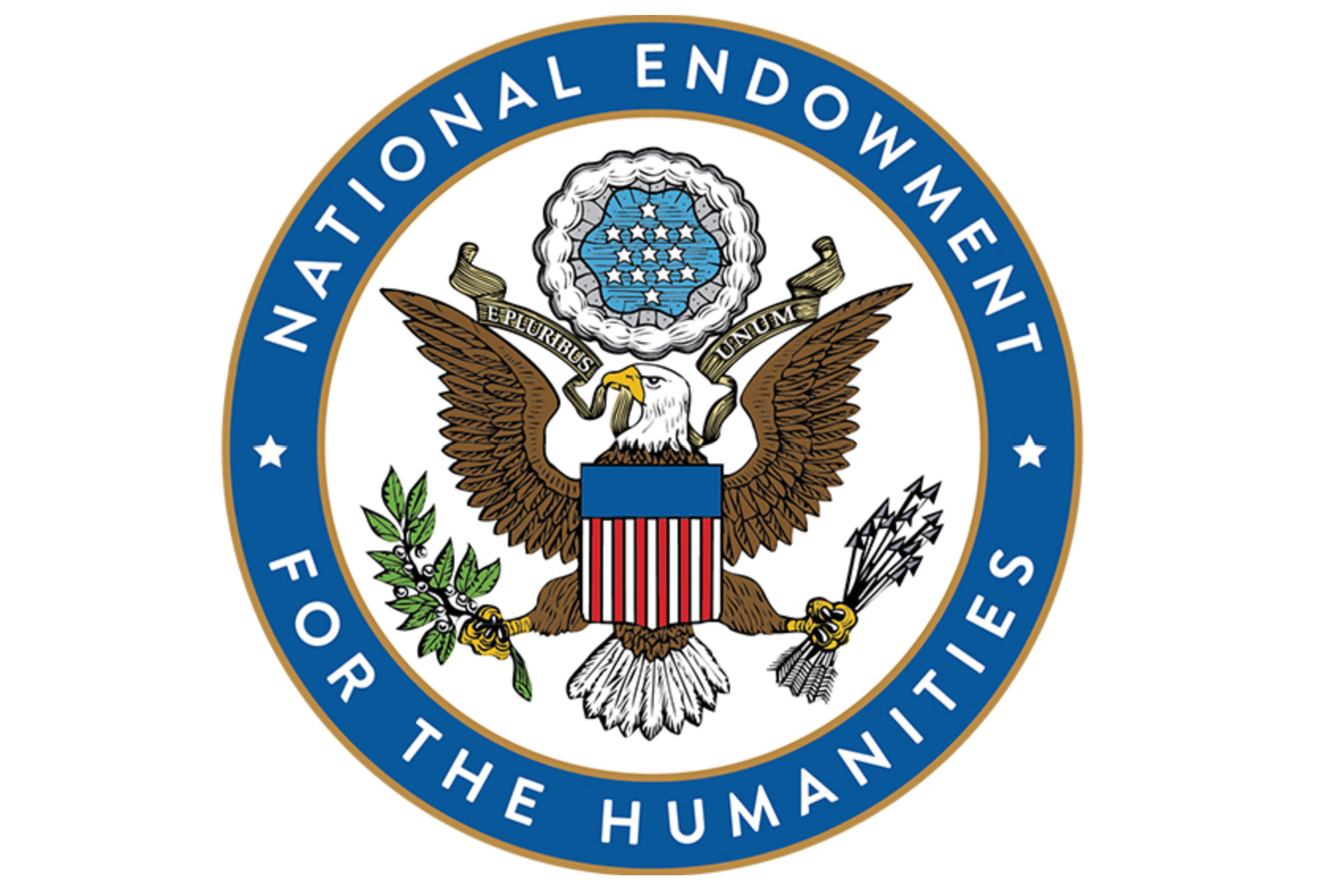
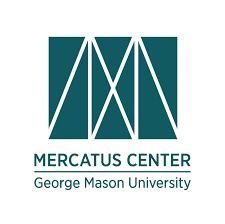

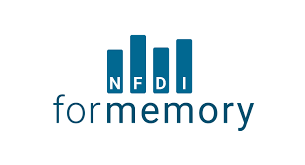



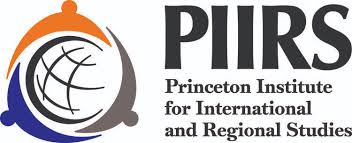


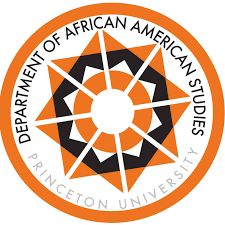
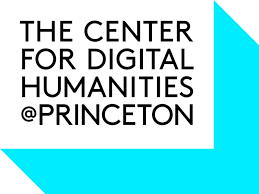
Add some content for each one of your videos, like a description, transcript or external links.To add, remove or edit tab names, go to Tabs.
Mentioned on la Roya Citoyenne Website.
L’association « Roya citoyenne » avait été créée afin de promouvoir une intercommunalité de la Roya en 2011. Suite aux vicissitudes que la vie politique locale connait (référendum citoyen interdit par la Préfecture, etc. – Cf. film « Démocratie 06″: http://democratie06.blogspot.fr/
et à l’imposition par le Préfet des Alpes-Maritimes du rattachement de la Roya à la CARF (Communauté d’Agglomération de la Riviera Française), l’association était en sommeil.
Suite à l’affluence de plus en plus importante des personnes en migration dans la Roya fin 2015-début 2016, du fait de la fermeture de plus en plus obtuse et répressive de ses frontières par la France, les habitants de la Roya ont été de plus en plus nombreux à se mobiliser contre cette situation terrible et ont décidé de s’organiser : L’association « Roya citoyenne » est réactivée dans ce but en MAI 2016, ses statuts modifiés : il s’agit de mettre en avant, tout particulièrement et très largement, « la défense des citoyens du monde ».
Feeling a bit nostalgic when I stumbled upon the video of the International Student Graduation Celebration at Miami University for the Class of 2021, where I had the honor of being the Graduate student speaker. Reflecting on that video took me on a journey down memory lane, reminiscing about my pilgrimage in the United States of America as an international student, as a black African women, as a mother to my siblings, and as an orphan in a foreign land.
As an international student, life comes with its challenges. I vividly recall my first day in the United States, marked by both hilarity and a cultural shock that began the moment I landed at the airport and continued through the journey from Cincinnati to Oxford. My initial excitement waned as we traversed open lands and dense forests, a stark contrast to the beach and sea I had anticipated in Miami, Florida. Equipped with an arsenal of light dresses, I wondered if I had inadvertently ended up in rural Florida as the the landscapes resembled that of my native Africa. The weather felt unfamiliar and aggressive. The America I had envisioned from movies seemed elusive. Despite the initial disorientation, my sense of purpose prevailed. As the “hope of my family and community”, I pressed forward, embracing the challenges and staying committed to my mission and vision, even in the face of homesickness.
I am sharing this video with you to offer encouragement and motivation to the #international student community, both those currently navigating the journey and those in the process of becoming part of it. May this serve as a reminder that challenges are part of the journey, but with resilience and determination, you can overcome them and achieve your goals. YOU ARE NOT ALONE! The journey holds the potential for growth, learning, development, and incredible experiences and memories. Keep pressing forward! As long as you live, #dream, #work hard, and #believe! 🤗
Translating Doctoral Research into Impact: My Journey to the World Bank Group Youth Summit The 2025 World Bank Group Youth Summit invites young changemakers, innovators, and leaders to shape a
Sacred African *objects* as regalias : a decolonial approach to restitution : Insights from the TRANSMAT | IN2PAST 2025 International Conference Participating in TRANSMAT | IN2PAST 2025 International Conference was
September 27th, 2024 marked the kick-off of the seminar series Arts and (re)Creation from Africas to the World at Princeton University. I want to express my sincere gratitude for your
Invitation to the inaugural seminar of the second edition of Arts and (re)Creation from Africas to the world (Zoom registration required) Within museums, restoration sometimes refers to the processes of
Arts and (re)Creation from Africas to the world : A Journey of resilience The academic year 2024-2025 marks the second year of existence of the seminar series Arts and (re)Creation
Immaterial Restoration vs Immaterial Re-storation (c) Lea Carlson Between June 20-21, 2024, I participated in the “Atlas of Absence : New Coordinates” a workshop of the Deutsche Forschungsgemeinschaft (DFG) project
Cosmogonies of Economic Growth in Nso Communities: Exhuming ‘Homemade’ Sustainable Development from German Museum Archives Conventional economic theories hold that science and culture are not bedfellows in achieving development goals.
Centering African voices in contemporary, transdisciplinary conversations and innovations is essential for fostering more inclusive and representative global discourses and collaborations.
“Teaching global history at Fundación Rafael del Pino with the Princeton Global History Lab pushed me to create inclusive, creative challenges—like a student poster conference—that celebrated student voice and confidence.” (read more on Linkedin)